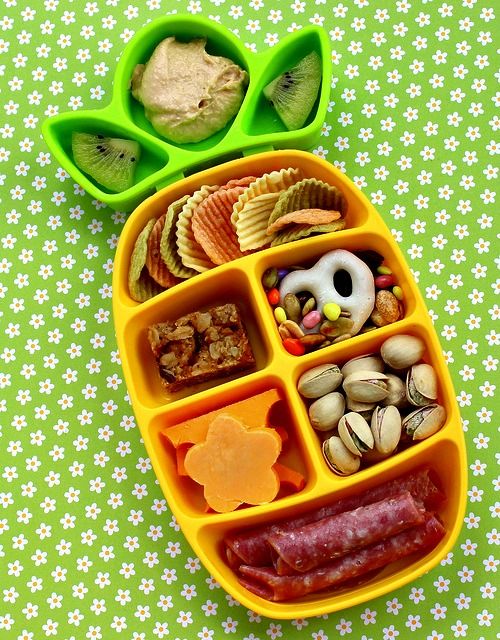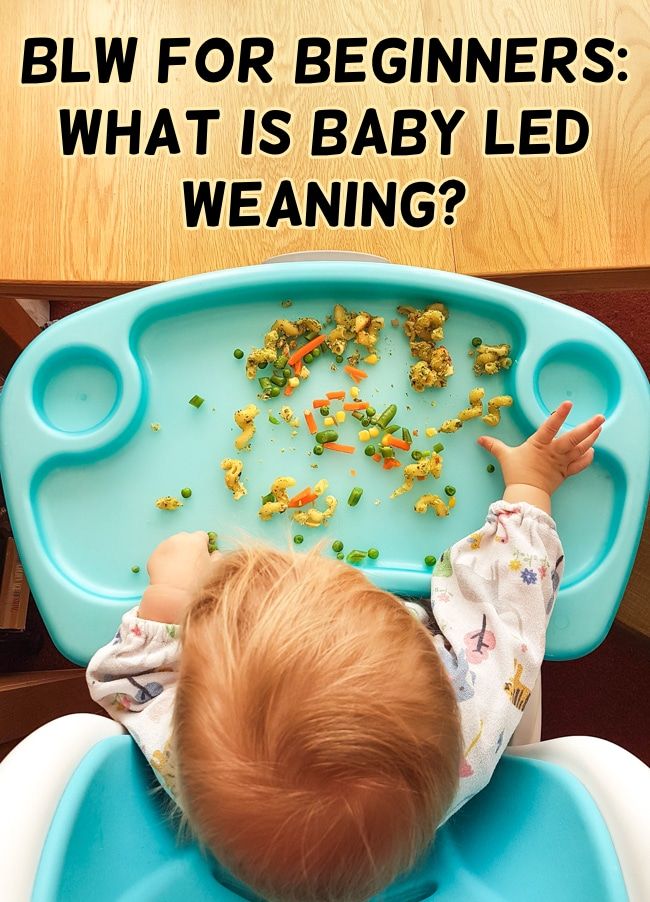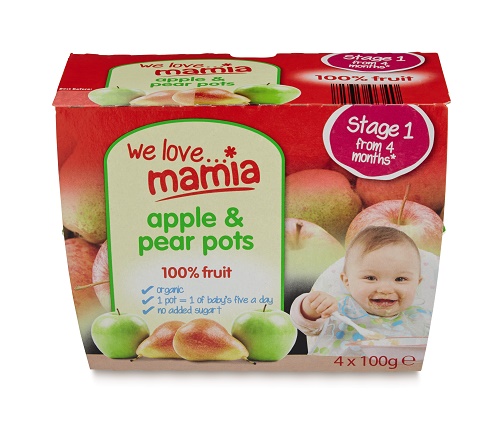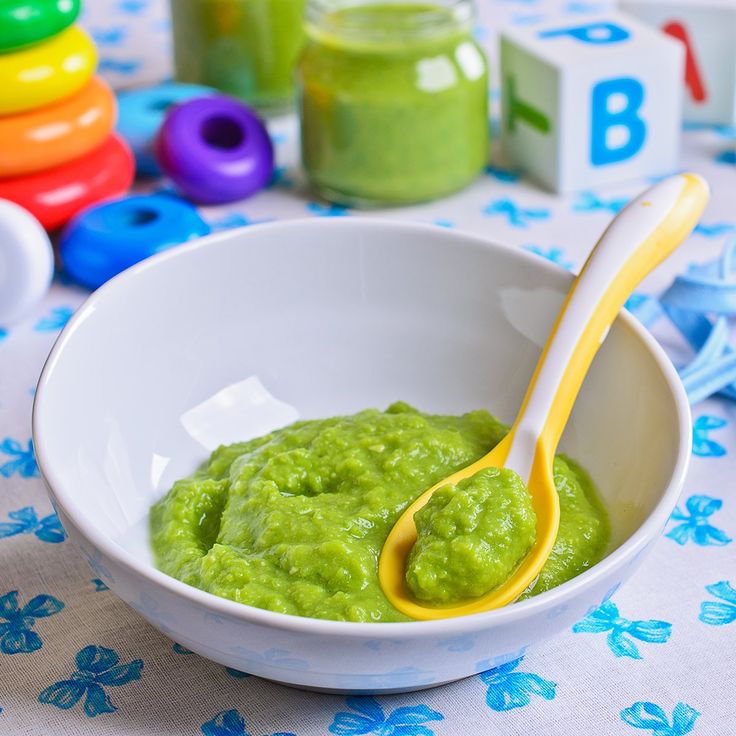Baby choking when bottle feeding
Help! My Baby Is Choking on Milk!
Many parents look forward to feeding time with their baby. It’s a chance to bond and also gives you a few minutes of peace and quiet.
But for some, bottle feeding or breastfeeding can lead to gagging or choking sounds, which are alarming if you’re a new parent. Fortunately, there are things you can do to help prevent your baby from choking on milk or formula.
If your baby seems to gag a lot while eating, don’t panic. “Choking and gagging during feeding is common in young infants,” says Robert Hamilton, MD, FAAP, a pediatrician at Providence Saint John’s Health Center in Santa Monica.
Hamilton says babies are born with an exaggerated but protective “hyper-gag reflex,” which can cause gagging while feeding. Plus, babies gag easily due to their own neurologic immaturity.
“Babies are growing and learning new ways to use their body (and mouths) every day,” says Amanda Gorman, CPNP and founder of Nest Collaborative, a collection of International Board Certified Lactation Consultants.
“Often, just stopping the feed and positioning the baby upright with good head and neck support will give them a few seconds to manage the problem.”
Gina Posner, MD, a pediatrician at MemorialCare Orange Coast Medical Center, says if your baby begins to choke, let them stop feeding for a little bit and pat their back. “Typically, if they’re choking on liquids, it will resolve quickly,” she says.
The most common reason a baby chokes during breastfeeding is that milk is coming out faster than your baby can swallow. Usually, this happens when mom has an oversupply of milk.
According to the La Leche League International (LLLI), common signs of oversupply include restlessness at the breast, coughing, choking, or gulping milk, especially at let down, and biting on the nipple to stop the flow of milk, among others.
You might also have an overactive let down, which causes a forceful flow of milk into your baby’s mouth. When your breasts are stimulated by your baby suckling, oxytocin causes the let-down reflex that releases the milk.
If you have an overactive or forceful let down, this release happens too fast for your baby to respond appropriately, causing them to gulp or choke while breastfeeding.
How do I prevent my baby from choking on milk when breastfeeding?
One of the first things you can do to help prevent your baby from choking while eating is to change the feeding position.
“For breastfeeding mothers who appear to have overactive let down, we typically recommend they nurse in a laid-back position, which reverses gravity’s effect and allows baby to have more control,” says Gorman.
Posner recommends pulling your baby off the breast every once in a while to help them catch their breath and slow down. You can also take your baby off the breast for 20 to 30 seconds when your milk first lets down.
In addition to a laid-back position, the LLL recommends lying on your side so your baby can allow milk to dribble out of his mouth when it flows too quickly.
Furthermore, expressing milk for 1 to 2 minutes before bringing your baby to your breast can help. Doing so allows the forceful let down to happen before baby latches. That said, be careful with this technique, as pumping for too long will tell your body to make more milk and worsen the problem.
Doing so allows the forceful let down to happen before baby latches. That said, be careful with this technique, as pumping for too long will tell your body to make more milk and worsen the problem.
When your baby gags when drinking from a bottle, it’s often due to the positioning. Lying your baby on their back while bottle feeding will lead to a faster milk flow, making it harder for your baby to control the rate of feeding.
“Tilting the bottom of the bottle higher than the nipple increases the rate of milk flow, as will a nipple with too large of a hole for the infant’s age,” Gorman advises. Tilting the bottle too high can lead to involuntary increases in intake and contribute to problems like reflux.
Instead, when bottle-feeding an infant, try using a technique called paced bottle-feeding. “By keeping the bottle parallel to the ground, the baby remains in control of the milk flow, as they are at the breast,” Gorman says.
This technique allows your baby to actively pull milk out of the bottle using their sucking skills and lets them easily take a break when needed. Otherwise, gravity is in control.
Otherwise, gravity is in control.
For babies who are bottle-fed by multiple caregivers, Gorman says all of the people who administer feeds should be educated on paced bottle-feeding.
Finally, you should never prop the bottle up to feed your baby and walk away. Since they can’t control the flow of the milk, it will keep coming even if your baby is not ready to swallow.
“The mechanism of swallowing is complicated and requires several muscle groups working together in concert and in the right time sequence,” Hamilton says. Fortunately, gagging usually diminishes as children get older and become better at swallowing.
Still, if you’re a new parent or caregiver, it’s smart to take infant cardiopulmonary resuscitation (CPR). While rare, a choking episode that caused your baby to turn blue or lose consciousness would be an emergency.
If you’re having problems related to breastfeeding, contact a LLL leader or International Board Certified Lactation Consultant (IBCLC). They can help you with your baby’s latch, positioning, oversupply issues, and forceful let-down problems.
They can help you with your baby’s latch, positioning, oversupply issues, and forceful let-down problems.
If you’re having problems related to bottle feeding, contact your child’s pediatrician. They can help you with bottle and nipple selection, as well as feeding positions that prevent choking on milk or formula.
If your baby continues to choke even after slowing down the rate of feeding, you should contact your pediatrician to rule out any anatomical reasons why swallowing may be challenging.
When you hear your baby gagging or choking during feeding, don’t panic. Take baby off the nipple and prop them up to help them clear their airway.
Often it will take a little time for your baby to learn suckle with ease. In the meantime, try keeping your baby upright during feedings and make the flow of milk slower, if possible. Soon enough, feeding time will be a sweet snuggle session!
Help! My Baby Is Choking on Milk!
Many parents look forward to feeding time with their baby.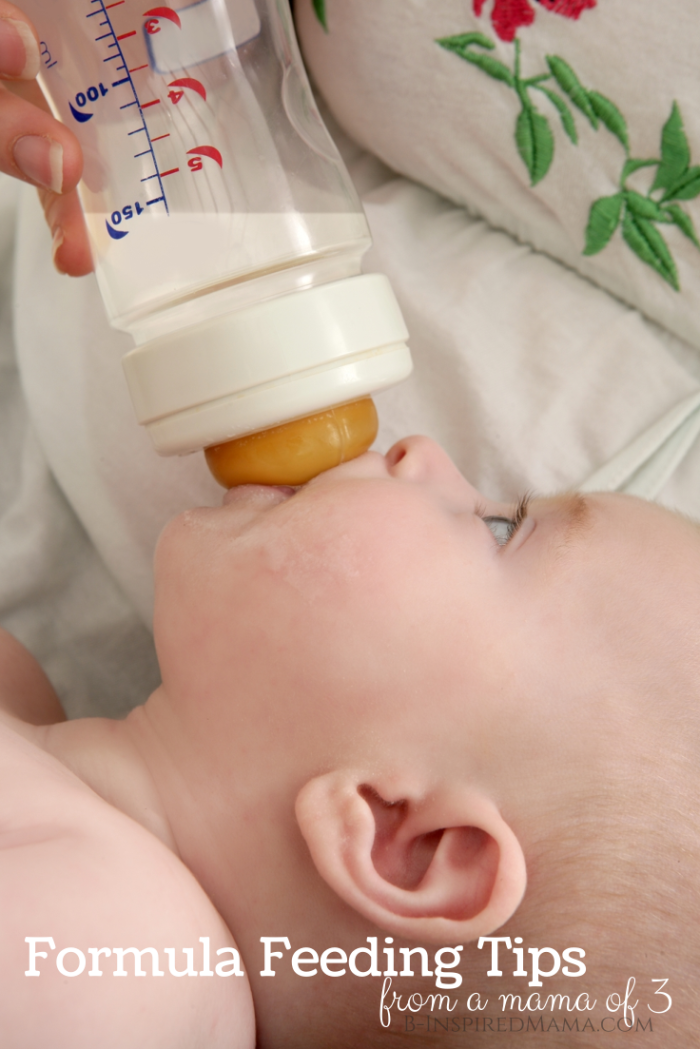 It’s a chance to bond and also gives you a few minutes of peace and quiet.
It’s a chance to bond and also gives you a few minutes of peace and quiet.
But for some, bottle feeding or breastfeeding can lead to gagging or choking sounds, which are alarming if you’re a new parent. Fortunately, there are things you can do to help prevent your baby from choking on milk or formula.
If your baby seems to gag a lot while eating, don’t panic. “Choking and gagging during feeding is common in young infants,” says Robert Hamilton, MD, FAAP, a pediatrician at Providence Saint John’s Health Center in Santa Monica.
Hamilton says babies are born with an exaggerated but protective “hyper-gag reflex,” which can cause gagging while feeding. Plus, babies gag easily due to their own neurologic immaturity.
“Babies are growing and learning new ways to use their body (and mouths) every day,” says Amanda Gorman, CPNP and founder of Nest Collaborative, a collection of International Board Certified Lactation Consultants.
“Often, just stopping the feed and positioning the baby upright with good head and neck support will give them a few seconds to manage the problem. ”
”
Gina Posner, MD, a pediatrician at MemorialCare Orange Coast Medical Center, says if your baby begins to choke, let them stop feeding for a little bit and pat their back. “Typically, if they’re choking on liquids, it will resolve quickly,” she says.
The most common reason a baby chokes during breastfeeding is that milk is coming out faster than your baby can swallow. Usually, this happens when mom has an oversupply of milk.
According to the La Leche League International (LLLI), common signs of oversupply include restlessness at the breast, coughing, choking, or gulping milk, especially at let down, and biting on the nipple to stop the flow of milk, among others.
You might also have an overactive let down, which causes a forceful flow of milk into your baby’s mouth. When your breasts are stimulated by your baby suckling, oxytocin causes the let-down reflex that releases the milk.
If you have an overactive or forceful let down, this release happens too fast for your baby to respond appropriately, causing them to gulp or choke while breastfeeding.
How do I prevent my baby from choking on milk when breastfeeding?
One of the first things you can do to help prevent your baby from choking while eating is to change the feeding position.
“For breastfeeding mothers who appear to have overactive let down, we typically recommend they nurse in a laid-back position, which reverses gravity’s effect and allows baby to have more control,” says Gorman.
Posner recommends pulling your baby off the breast every once in a while to help them catch their breath and slow down. You can also take your baby off the breast for 20 to 30 seconds when your milk first lets down.
In addition to a laid-back position, the LLL recommends lying on your side so your baby can allow milk to dribble out of his mouth when it flows too quickly.
Furthermore, expressing milk for 1 to 2 minutes before bringing your baby to your breast can help. Doing so allows the forceful let down to happen before baby latches. That said, be careful with this technique, as pumping for too long will tell your body to make more milk and worsen the problem.
When your baby gags when drinking from a bottle, it’s often due to the positioning. Lying your baby on their back while bottle feeding will lead to a faster milk flow, making it harder for your baby to control the rate of feeding.
“Tilting the bottom of the bottle higher than the nipple increases the rate of milk flow, as will a nipple with too large of a hole for the infant’s age,” Gorman advises. Tilting the bottle too high can lead to involuntary increases in intake and contribute to problems like reflux.
Instead, when bottle-feeding an infant, try using a technique called paced bottle-feeding. “By keeping the bottle parallel to the ground, the baby remains in control of the milk flow, as they are at the breast,” Gorman says.
This technique allows your baby to actively pull milk out of the bottle using their sucking skills and lets them easily take a break when needed. Otherwise, gravity is in control.
For babies who are bottle-fed by multiple caregivers, Gorman says all of the people who administer feeds should be educated on paced bottle-feeding.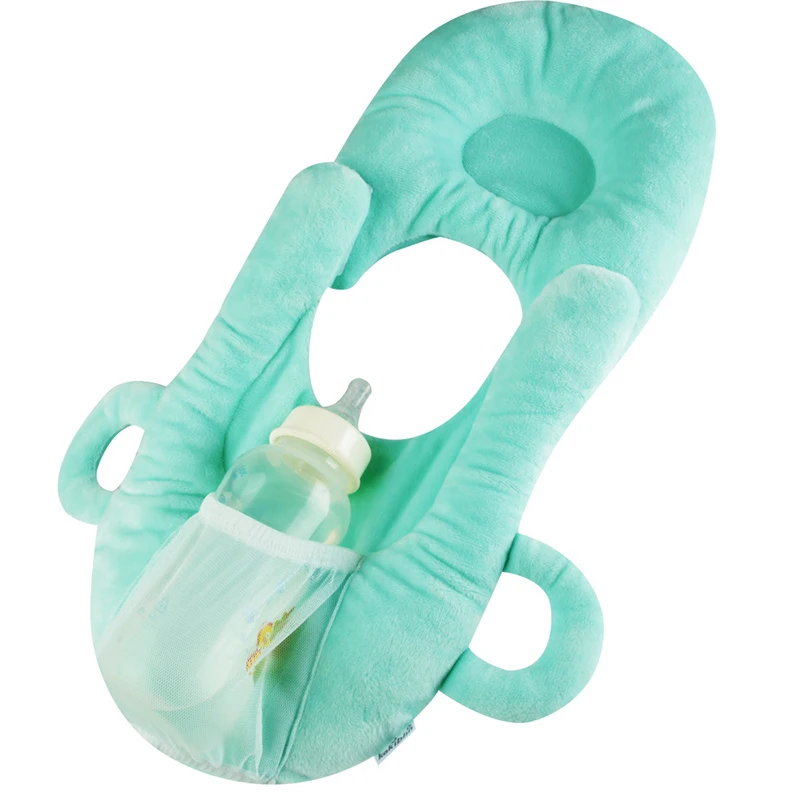
Finally, you should never prop the bottle up to feed your baby and walk away. Since they can’t control the flow of the milk, it will keep coming even if your baby is not ready to swallow.
“The mechanism of swallowing is complicated and requires several muscle groups working together in concert and in the right time sequence,” Hamilton says. Fortunately, gagging usually diminishes as children get older and become better at swallowing.
Still, if you’re a new parent or caregiver, it’s smart to take infant cardiopulmonary resuscitation (CPR). While rare, a choking episode that caused your baby to turn blue or lose consciousness would be an emergency.
If you’re having problems related to breastfeeding, contact a LLL leader or International Board Certified Lactation Consultant (IBCLC). They can help you with your baby’s latch, positioning, oversupply issues, and forceful let-down problems.
If you’re having problems related to bottle feeding, contact your child’s pediatrician.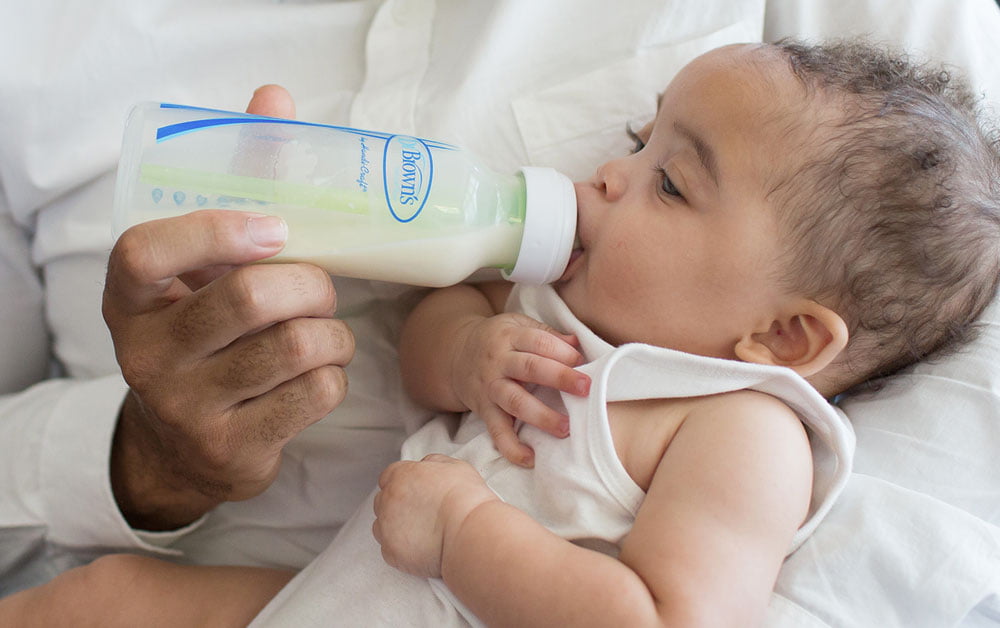 They can help you with bottle and nipple selection, as well as feeding positions that prevent choking on milk or formula.
They can help you with bottle and nipple selection, as well as feeding positions that prevent choking on milk or formula.
If your baby continues to choke even after slowing down the rate of feeding, you should contact your pediatrician to rule out any anatomical reasons why swallowing may be challenging.
When you hear your baby gagging or choking during feeding, don’t panic. Take baby off the nipple and prop them up to help them clear their airway.
Often it will take a little time for your baby to learn suckle with ease. In the meantime, try keeping your baby upright during feedings and make the flow of milk slower, if possible. Soon enough, feeding time will be a sweet snuggle session!
The child chokes when feeding: what to do?
Nikulina Anastasia Anatolyevna
pediatrician
A newborn chokes when feeding for various reasons. Some of them the mother can eliminate, while others depend on the health of the baby. The pediatrician Anastasia Anatolyevna Nikulina will explain the causes and solutions to this problem.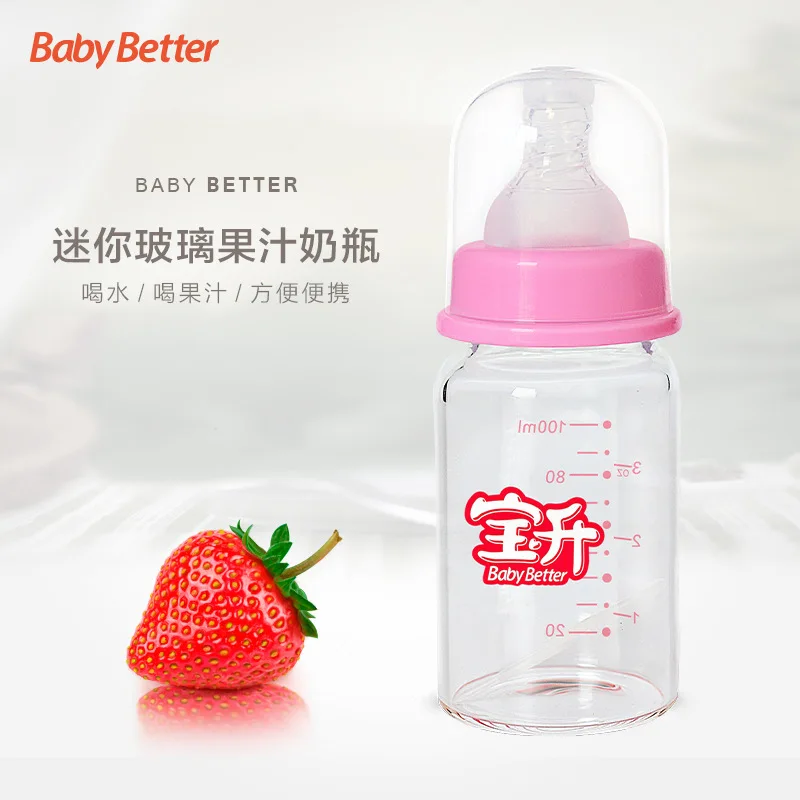
— Anastasia Anatolyevna, at what age do children most often choke while feeding?
— In the first weeks of life, when the swallowing reflex is still very weak, it is difficult to dose milk supply from the breast. From the bottle, the flow of formula is controlled by the opening in the nipple and the tilt. If the hole in the nipple is not age appropriate, it is tight, then the newborn swallows air. Excess air with the mixture will enter the intestines, causing discomfort to the baby.
Why does the baby choke while breastfeeding or bottle feeding
- Baby position or bottle angle not optimal. in the optimal position. In the right position, the hand of the woman who holds the child lies on the support. Hold the baby by the back and shoulders, directing the head to the chest. You can’t press hard on the head - the baby will recline it back reflexively.
- Anatomical features of the mother's breast, in which a woman produces enough breast milk, but it is difficult for a child to suck it out, to eat.
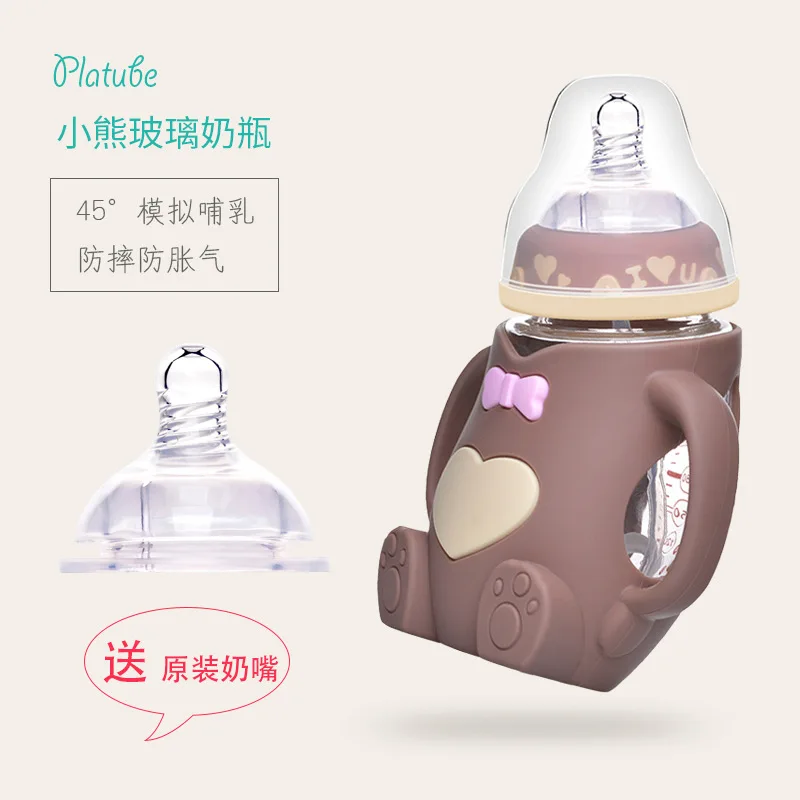 Before feeding, the mother needs to express some of the milk or massage the breast: it will become soft, and it will be easier for the baby to suck.
Before feeding, the mother needs to express some of the milk or massage the breast: it will become soft, and it will be easier for the baby to suck. - Large nipples are difficult for a baby to grab - to solve the problem, there are special nipple covers through which newborns are fed. You can feed your baby with expressed milk through a bottle and a nipple that is correctly selected for age.
- Hyperlactation. Pressurized breast milk squirts into the baby's mouth. Before feeding, some of the foremilk is expressed, and the following, more fatty, does not form a strong flow. Breaks in the sucking process also help.
- Frequent breastfeeding. The absence of long breaks between attachments to the breast prevents children from hunger and, with it, the rush to feed.
- Incorrect bottle delivery method. The neck of the bottle must be completely filled with milk: this way there will be no air in the milk. The nipple is selected taking into account the age of the baby.
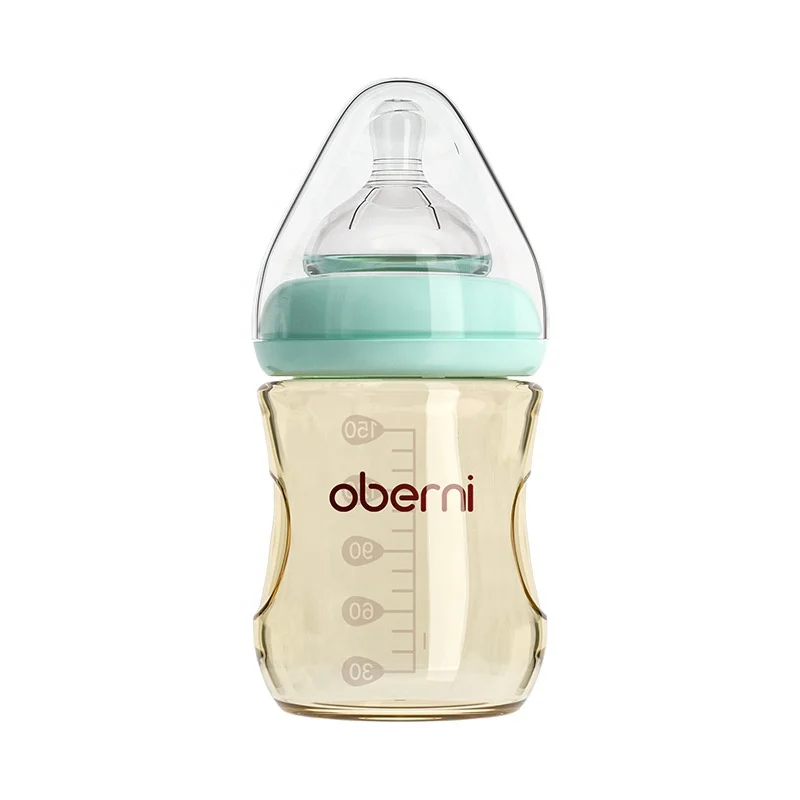
- Disease. Nasal obstruction or cough interferes with feeding. Relief of the symptoms of the disease will improve nutrition. For some children, problems can be caused by improper swallowing or reflux.
- To understand why the baby is having difficulty swallowing, you need to gradually eliminate each of the possible causes. Even the environment matters. During feeding hours, it is desirable for a woman to be alone with the child, nothing should distract him from the process. If the mother finds it difficult to identify the cause, a pediatrician will help her.
— What should I do if my child chokes on milk or formula?
- Spontaneous cough is the main symptom that appears when the act of sucking and swallowing is disturbed. The baby is crying and refuses to eat.
First aid for choking children
If you can’t cough up excess milk on your own or the baby chokes on saliva and starts to choke, you need to do the following, dosing the force of your actions:
- Place the baby on one hand with the belly down, with your free hand apply pressure on the area above the navel (on the area of the baby's stomach), supporting the chin.

- Tilt the child slightly forward, lightly pat on the back. This will increase the cough and help restore breathing.
- Can I continue feeding after the baby clears his throat, or should I take a break?
- Feeding can be continued after the baby clears his throat. It is advisable to vilify it with a column for two to three minutes, so that excess air comes out, and then resume feeding.
- Does increasing the interval between feedings help with the problem?
- On the contrary, the prevention of flooding will be frequent feeding. With numerous attachments, less milk accumulates in the woman’s breast, it becomes easier for the mother to feed.
If the child is choking, feeding should be interrupted. The baby will cough, rest and continue to suck. If the situation recurs frequently, be sure to consult your pediatrician. Your doctor can help you find the best breastfeeding or formula-feeding method for you.
* Breast milk is the best food for babies. WHO recommends exclusive breastfeeding for the first 6 months of a child's life and continued breastfeeding after complementary foods are introduced until the age of 2 years. Before introducing new products into the baby's diet, you should consult with a specialist. The material is for informational purposes and cannot replace the advice of a healthcare professional. For feeding children from birth. The product is certified.
WHO recommends exclusive breastfeeding for the first 6 months of a child's life and continued breastfeeding after complementary foods are introduced until the age of 2 years. Before introducing new products into the baby's diet, you should consult with a specialist. The material is for informational purposes and cannot replace the advice of a healthcare professional. For feeding children from birth. The product is certified.
#Tips for Mom #regurgitation 7-12 #regurgitation 12 plus
See also
How to tell if a baby has a food allergy
#allergy #Tips for mom #breast-feeding #baby formula #lure
Kiseleva Elena Sergeevna
Candidate of Medical Sciences, Scientific Advisor MAMAKO ®
First tests and vaccinations: how to prepare yourself and your child
#Advice for Mom
Kizino Polina Alexandrovna
pediatrician, perinatal psychologist
Neurologist for a child under one year old: first examination
#Advice to mom #Baby development
Yakovenko Margarita Pavlovna
Candidate of Medical Sciences, Pediatrician, Pediatric Neurologist, Medical Advisor MAMAKO ®
Calendar of doctor visits during the first year of a child's life
#Advice for Mom
Kizino Polina Alexandrovna
pediatrician, perinatal psychologist
Why DHA, ARA and lutein are added to infant formula
#baby formulas #Baby development
Yakovenko Margarita Pavlovna
Candidate of Medical Sciences, Pediatrician, Pediatric Neurologist, Medical Advisor MAMAKO ®
Omicron in children: how dangerous it is and how babies get sick up to a year
#Tips for Mom
Kiseleva Elena Sergeevna
Candidate of Medical Sciences, Scientific Advisor MAMAKO ®
Digestion in newborns and infants and its features
#Baby Digestion #breast-feeding #baby formula #Lure #Tips for mom #Baby development
Kiseleva Elena Sergeevna
Candidate of Medical Sciences, Scientific Advisor MAMAKO ®
Principles of successful lactation: checklist for mom
#Tips for Mom #breastfeeding
Yakovenko Margarita Pavlovna
Candidate of Medical Sciences, Pediatrician, Pediatric Neurologist, Medical Advisor MAMAKO ®
Goat's milk in children's nutrition: for or against
#Food #Tips for mom #Baby digestion #breastfeeding
Javier Diaz Castro
professor, lecturer
How to properly rock a baby to sleep
#Advice for Mom
Kizino Polina Alexandrovna
pediatrician, perinatal psychologist
See all
View all
Goat's milk in children's nutrition: for or against
# Lure # Tips for Mom # Baby's digestion # breastfeeding
Javier Diaz Castro
professor, lecturer
Digestion in newborns and infants and its features
# Baby digestion # breast-feeding # infant formula # Lure # Tips for Mom # Baby development
Kiseleva Elena Sergeevna
Candidate of Medical Sciences, Scientific Advisor MAMAKO ®
Neurologist for a child under one year old: first examination
# Tips for mom # Baby development
Yakovenko Margarita Pavlovna
Candidate of Medical Sciences, Pediatrician, Pediatric Neurologist, Medical Advisor MAMAKO ®
Calendar of doctor visits during the first year of a child's life
# Tips for mom
Kizino Polina Alexandrovna
pediatrician, perinatal psychologist
Principles of successful lactation: checklist for mom
# Tips for mom # breastfeeding
Yakovenko Margarita Pavlovna
Candidate of Medical Sciences, Pediatrician, Pediatric Neurologist, Medical Advisor MAMAKO ®
How to properly rock a baby to sleep
# Tips for mom
Kizino Polina Alexandrovna
pediatrician, perinatal psychologist
Why DHA, ARA and lutein are added to infant formula
# infant formula # Baby development
Yakovenko Margarita Pavlovna
Candidate of Medical Sciences, Pediatrician, Pediatric Neurologist, Medical Advisor MAMAKO ®
Omicron in children: how dangerous it is and how babies get sick up to a year
# Tips for mom
Kiseleva Elena Sergeevna
Candidate of Medical Sciences, Scientific Advisor MAMAKO ®
See all
First tests and vaccinations: how to prepare yourself and your child
# Tips for mom
Kizino Polina Alexandrovna
pediatrician, perinatal psychologist
How to tell if a baby has a food allergy
# allergy # Tips for Mom # breast-feeding # infant formula # lure
Kiseleva Elena Sergeevna
Candidate of Medical Sciences, Scientific Advisor MAMAKO ®
See all
View all
View all
The child often chokes and suffocates - Pediatrics - 01/12/2014
/
anonymous
Hello Irina Viktorovna. My daughter is 2.5 months old, breastfeeding. I can’t leave it for a second: it often chokes for various reasons. 1. While awake, she may choke on saliva - in this case, I turn her on her side or take her in my arms, clear her throat and everything goes away. 2. Sometimes it chokes when feeding - already at the end of feeding (I feed lying down at night, sitting at an angle of about 60 degrees during the day), it just stops breathing, it turns red, I try to quickly put it in a column or put it on my knee and squeeze the chest and back. Every time I literally turn gray until she starts breathing again. 3. May begin to choke if the air left after feeding comes out (this can also happen an hour and a half after eating). It looks like he is choking on milk, which is holding up the escaping air. After each feeding, I wear it in a column, swallows a lot of air - it comes out either in one big pop, or in several doses; sometimes quickly, and sometimes you have to wear a column again after a while.
My daughter is 2.5 months old, breastfeeding. I can’t leave it for a second: it often chokes for various reasons. 1. While awake, she may choke on saliva - in this case, I turn her on her side or take her in my arms, clear her throat and everything goes away. 2. Sometimes it chokes when feeding - already at the end of feeding (I feed lying down at night, sitting at an angle of about 60 degrees during the day), it just stops breathing, it turns red, I try to quickly put it in a column or put it on my knee and squeeze the chest and back. Every time I literally turn gray until she starts breathing again. 3. May begin to choke if the air left after feeding comes out (this can also happen an hour and a half after eating). It looks like he is choking on milk, which is holding up the escaping air. After each feeding, I wear it in a column, swallows a lot of air - it comes out either in one big pop, or in several doses; sometimes quickly, and sometimes you have to wear a column again after a while.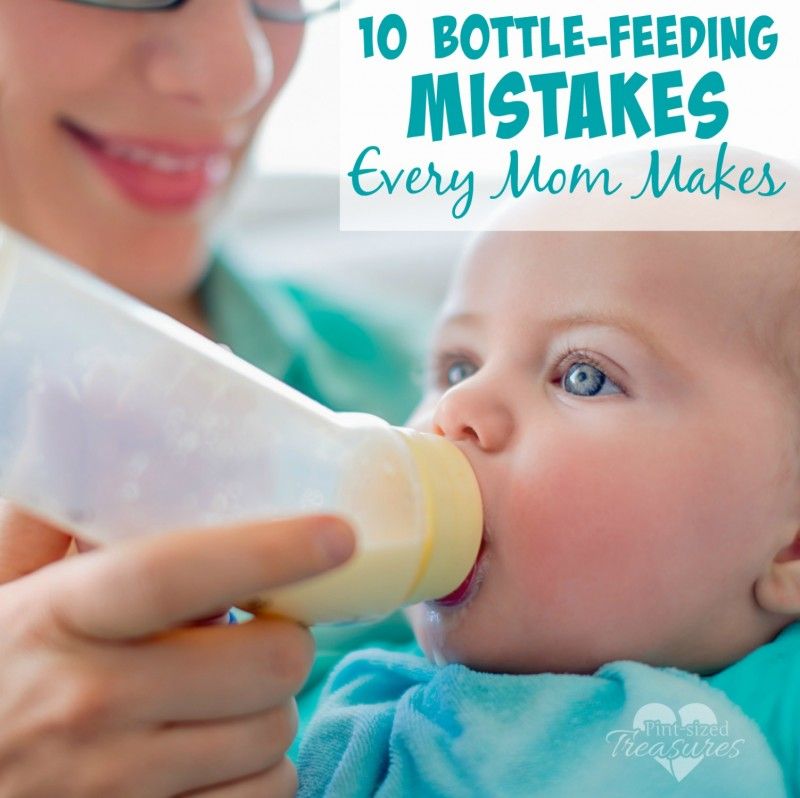 But even in this case, sometimes it doesn’t come out completely, and then she just starts to suffocate (the method from paragraph 2 helps). I began to notice that if during feeding it starts to spin, it is necessary to put it in a column - again, air comes out with a pop. Spit up a little milk, rarely, more often with cottage cheese, i.e. it can be judged that the food is digested. In the maternity hospital, everything was fine, the pregnancy was without pathologies, we were gaining weight, we didn’t complain about anything else. In the clinic, our site was divided into two, we have not yet been assigned a pediatrician, so I would like to get a specific answer about the possible reason and my further actions. Thanks in advance
But even in this case, sometimes it doesn’t come out completely, and then she just starts to suffocate (the method from paragraph 2 helps). I began to notice that if during feeding it starts to spin, it is necessary to put it in a column - again, air comes out with a pop. Spit up a little milk, rarely, more often with cottage cheese, i.e. it can be judged that the food is digested. In the maternity hospital, everything was fine, the pregnancy was without pathologies, we were gaining weight, we didn’t complain about anything else. In the clinic, our site was divided into two, we have not yet been assigned a pediatrician, so I would like to get a specific answer about the possible reason and my further actions. Thanks in advance
Ruzhenkova Irina Viktorovna answers
pediatrician
Hello! In general, regurgitation for babies of this age is the norm - but there should not be aspiration of gastric contents with respiratory arrest. Variants with respiratory arrest may be normal in children up to 2 weeks of age - but this happens in a dream, and not as a result of "choking".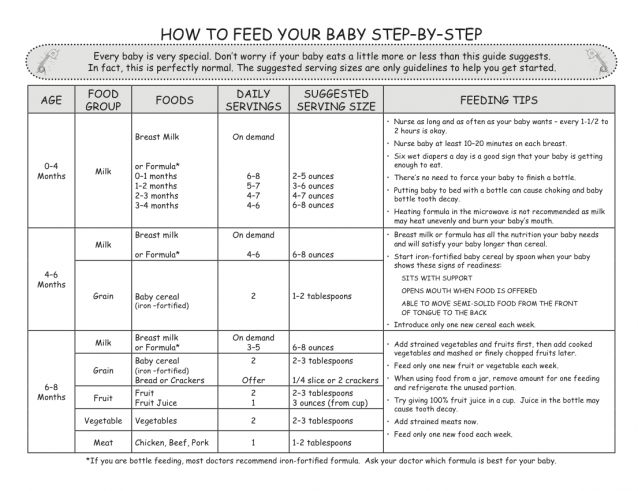 You see, anatomically, milk should not enter the respiratory tract and interfere with breathing; the entrance to the larynx is closed by the epiglottis. It is not too developed in babies, but still covers the larynx. Two options: either you are a very anxious mother, who accepts single episodes of choking very tragically (you don’t get angry, I understand you; I myself would be just as scared - now I just talk abstractly), or the baby has some peculiarity of the epiglottis or a pronounced gastro- esophageal reflux (reflux of food from the stomach into the esophagus). Similar "casts" (only less pronounced) constantly occur in the first months of life. The stomach of babies is like a muscle bag, which can significantly increase in size when feeding. At the same time, the sphincter of the entrance to the stomach in the first year of life is developed significantly worse than in adults. From a distended, overfilled stomach, milk "splashes" easily. But stopping breathing in this case - I repeat - usually does not occur.
You see, anatomically, milk should not enter the respiratory tract and interfere with breathing; the entrance to the larynx is closed by the epiglottis. It is not too developed in babies, but still covers the larynx. Two options: either you are a very anxious mother, who accepts single episodes of choking very tragically (you don’t get angry, I understand you; I myself would be just as scared - now I just talk abstractly), or the baby has some peculiarity of the epiglottis or a pronounced gastro- esophageal reflux (reflux of food from the stomach into the esophagus). Similar "casts" (only less pronounced) constantly occur in the first months of life. The stomach of babies is like a muscle bag, which can significantly increase in size when feeding. At the same time, the sphincter of the entrance to the stomach in the first year of life is developed significantly worse than in adults. From a distended, overfilled stomach, milk "splashes" easily. But stopping breathing in this case - I repeat - usually does not occur.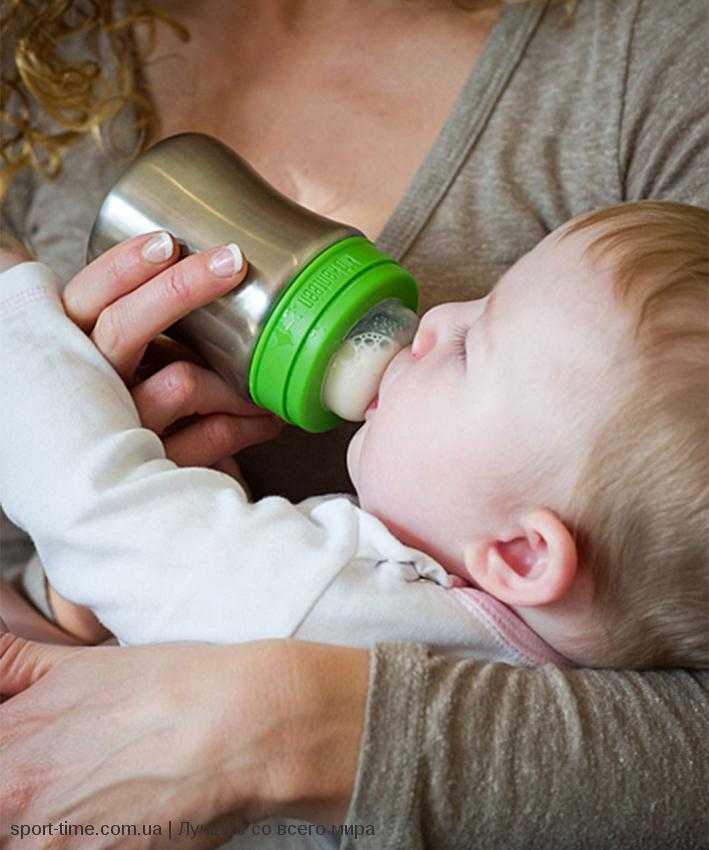 In a normal situation, I would advise (as you do) to tear the baby off the breast several times during feeding and hold it upright for several minutes. It is necessary to achieve that the air swallowed together with milk rises up, above the layer of milk, and exits itself through the esophagus, without dragging the liquid with it. The breast should be given to the baby in such a way that it captures not only the nipple, but also the areola almost completely (only from above can the edge of the colored part of the areola be seen). After feeding, the girl should be laid on her side with the head end of the bed raised and not disturbed for a while, not tossed to allow the milk to be absorbed. This is all true, but in your case, these recommendations seem incomplete to me. It would be necessary to look at these "choking" and "suffocation" in real life. Maybe it makes sense to examine the girl. But who to turn to? To an otolaryngologist for laryngoscopy (this is an instrumental method for examining the larynx; rather laborious and painful)? To a surgeon for a referral for x-ray detection of reflux? To the district pediatrician (or, in his absence, to the head of the department), to coordinate all this work and comprehend the results? Probably the last option would be best.
In a normal situation, I would advise (as you do) to tear the baby off the breast several times during feeding and hold it upright for several minutes. It is necessary to achieve that the air swallowed together with milk rises up, above the layer of milk, and exits itself through the esophagus, without dragging the liquid with it. The breast should be given to the baby in such a way that it captures not only the nipple, but also the areola almost completely (only from above can the edge of the colored part of the areola be seen). After feeding, the girl should be laid on her side with the head end of the bed raised and not disturbed for a while, not tossed to allow the milk to be absorbed. This is all true, but in your case, these recommendations seem incomplete to me. It would be necessary to look at these "choking" and "suffocation" in real life. Maybe it makes sense to examine the girl. But who to turn to? To an otolaryngologist for laryngoscopy (this is an instrumental method for examining the larynx; rather laborious and painful)? To a surgeon for a referral for x-ray detection of reflux? To the district pediatrician (or, in his absence, to the head of the department), to coordinate all this work and comprehend the results? Probably the last option would be best. I understand that if the matter is in the underdevelopment of the epiglottis, we will not change anything - but with reflux there are at least medical methods of influence. And it would be even better if these choking, with the observance of the simplest feeding technique, would disappear in the coming days, and the baby would not have to be further injured ... Good luck and health to you!
I understand that if the matter is in the underdevelopment of the epiglottis, we will not change anything - but with reflux there are at least medical methods of influence. And it would be even better if these choking, with the observance of the simplest feeding technique, would disappear in the coming days, and the baby would not have to be further injured ... Good luck and health to you!
Related questions
anonymous (Male, 8 weeks old)
Newborn choking
Baby is almost 2 months old. About a month ago I started having trouble breathing. He simply began to choke, often choking, whether it was his chest or a bottle. Now + as a couple of days he started choking...
anonymous (Male, 36 years old)
A child 2 years 8 months old breathes through his mouth snores shudders limbs and tosses and turns in his sleep
Good afternoon Ivan Vasilievich to a child 2 years 8 months a couple of months ago the child began to spin in a dream, startle, get on all fours in a dream, as if something hurts or air .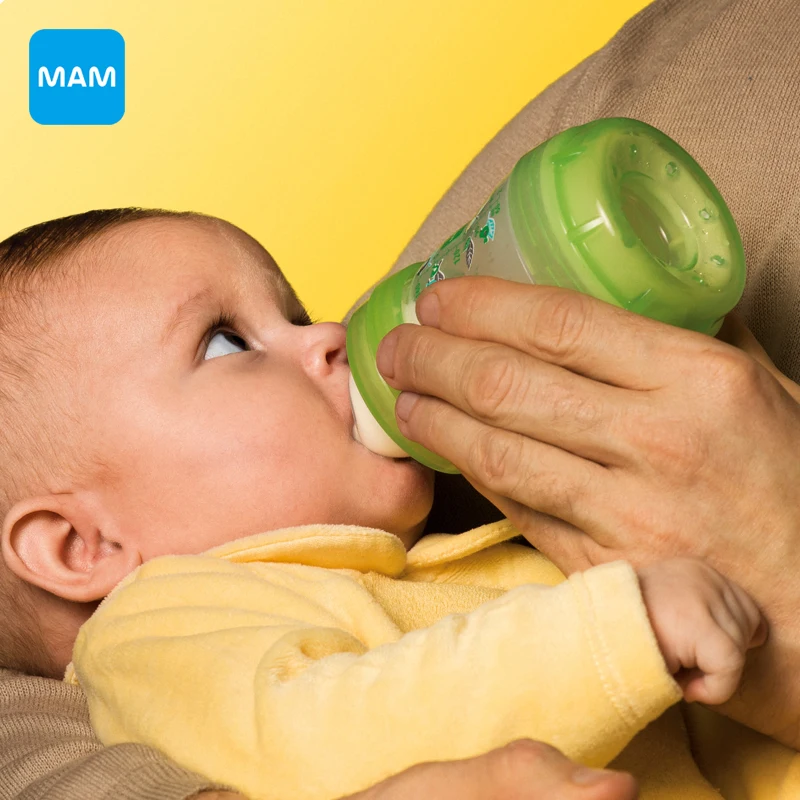 ..
..
anonymous (Female, 32 years old)
Rhinopharyngitis
Good afternoon! A 7-year-old child has a high temperature of 38.8 for 3 days. It goes down for a while, then rises again. At the same time, he sniffs his nose very strongly, but nothing can blow his nose. I understand...
anonymous (Female, 26 years old)
Nasal congestion in a newborn
Hello. Help. PKC delivery on 10/21/16 at 12 days. I saw my daughter exactly one day later. Brought put in a cradle. And she is barely breathing, her nose is clogged. They said let the relatives bring "nazivin" from ...
anonymous (Female, 60 years old)
Cancer in doubt
Another question that is very important to me. 9 years ago I was diagnosed with breast cancer, my breast was removed, leaving a terribly not beautiful, terrible and rough scar. After 8 years, I started to have a severe cough,...
anonymous (Man, 4 years old)
Recurrent lymphadenitis often bad UAC
Hello! A 4-year-old child is often very sick, for the last year he was sick every month, 4 times in bed in the infectious diseases department.

